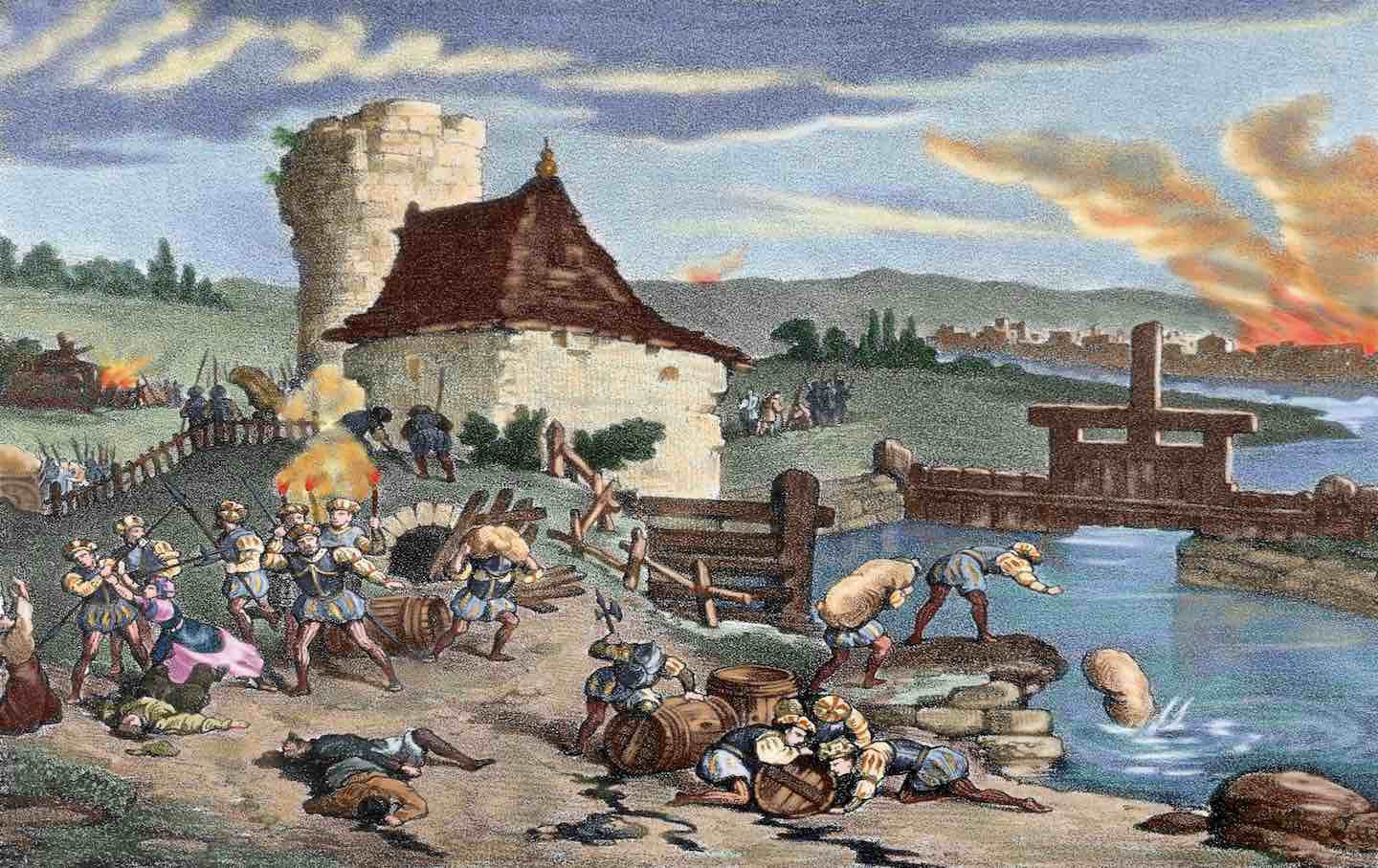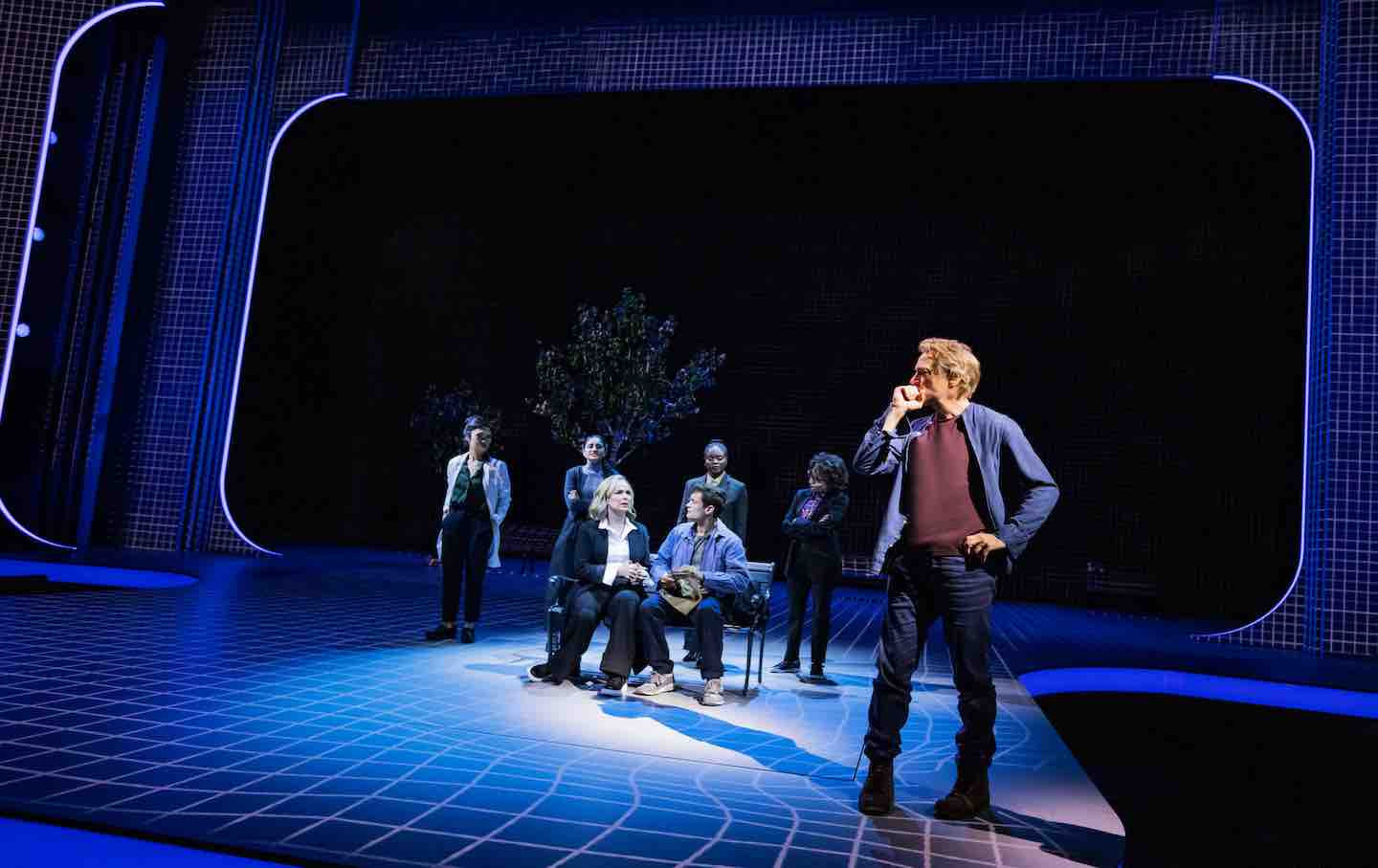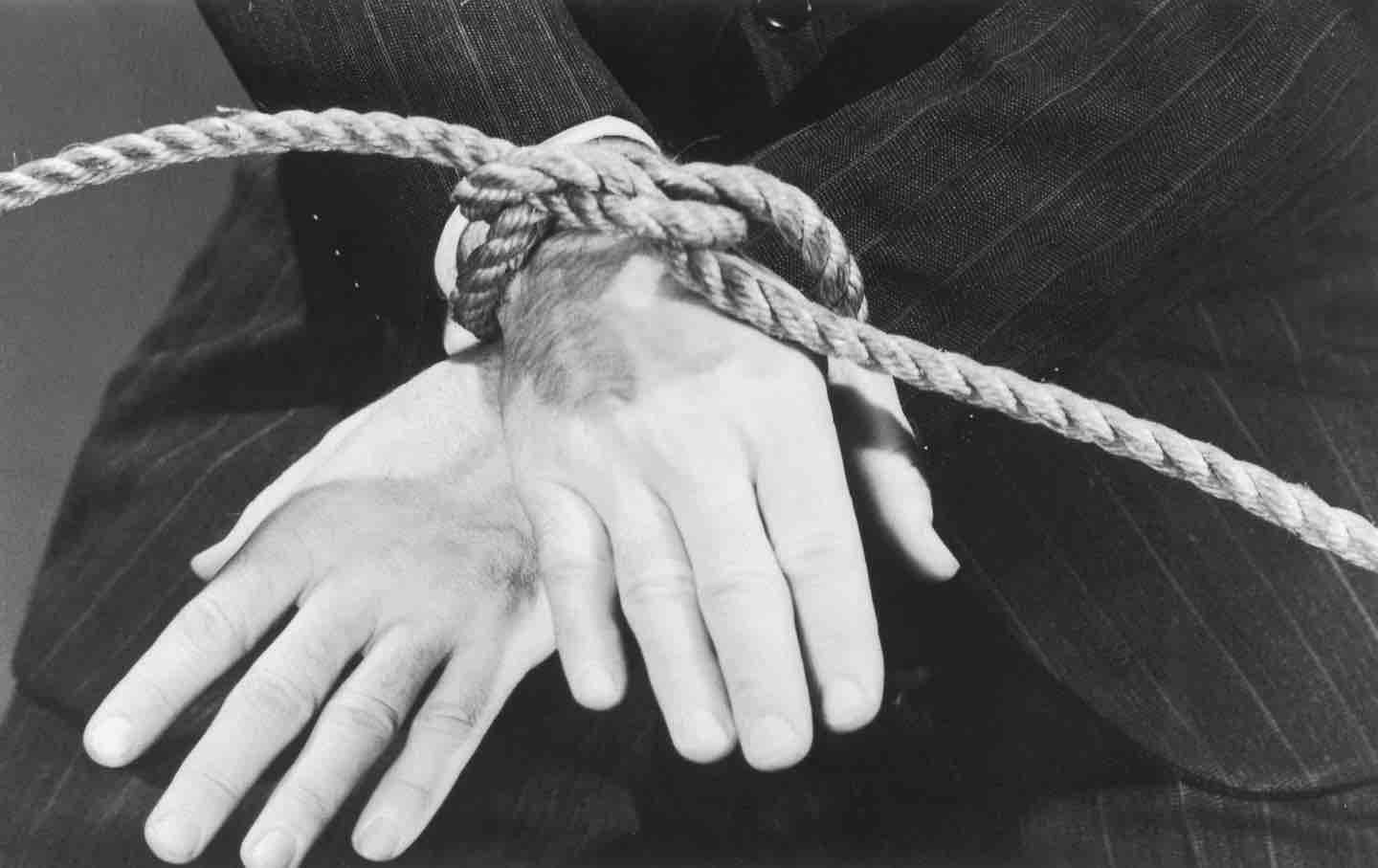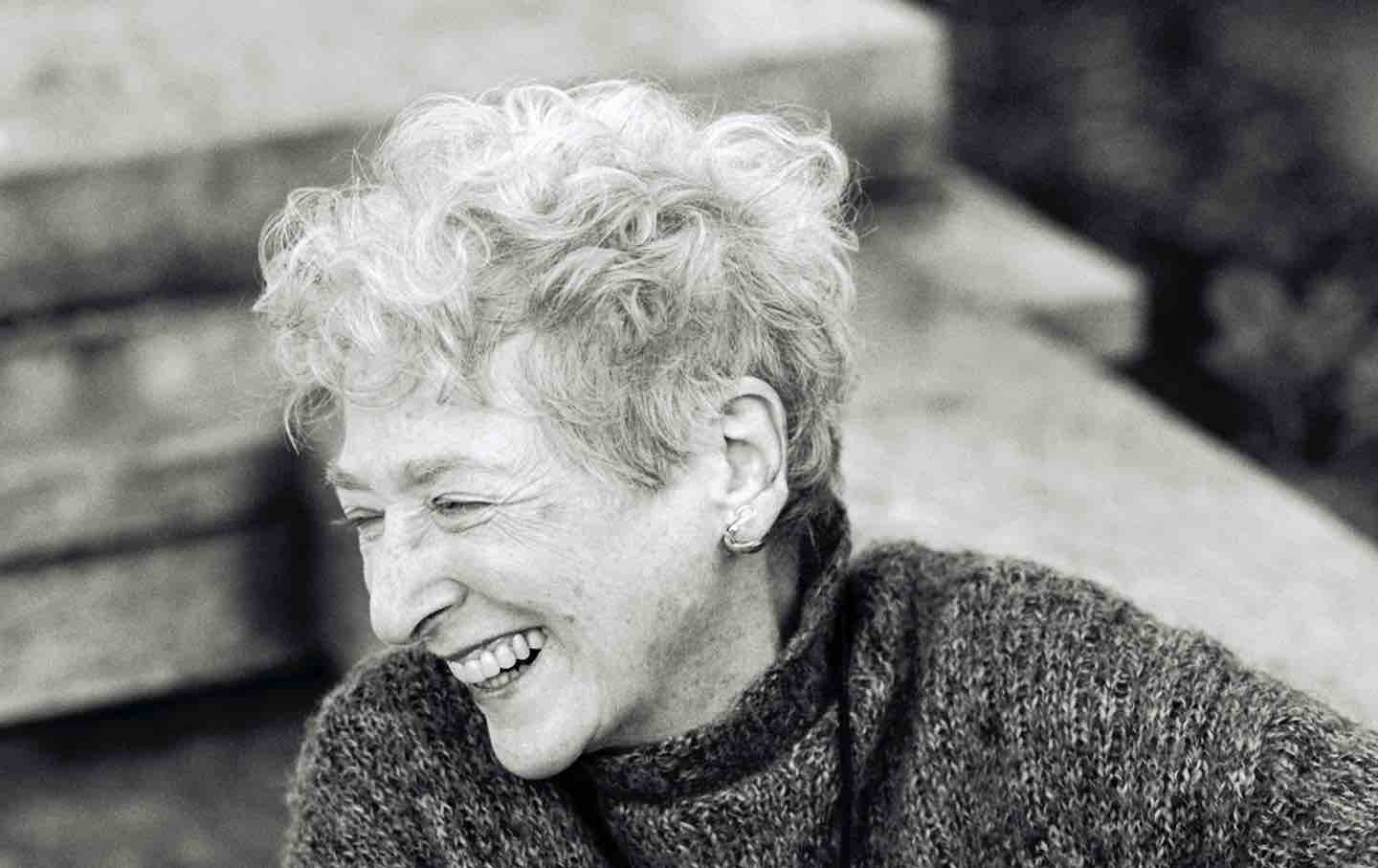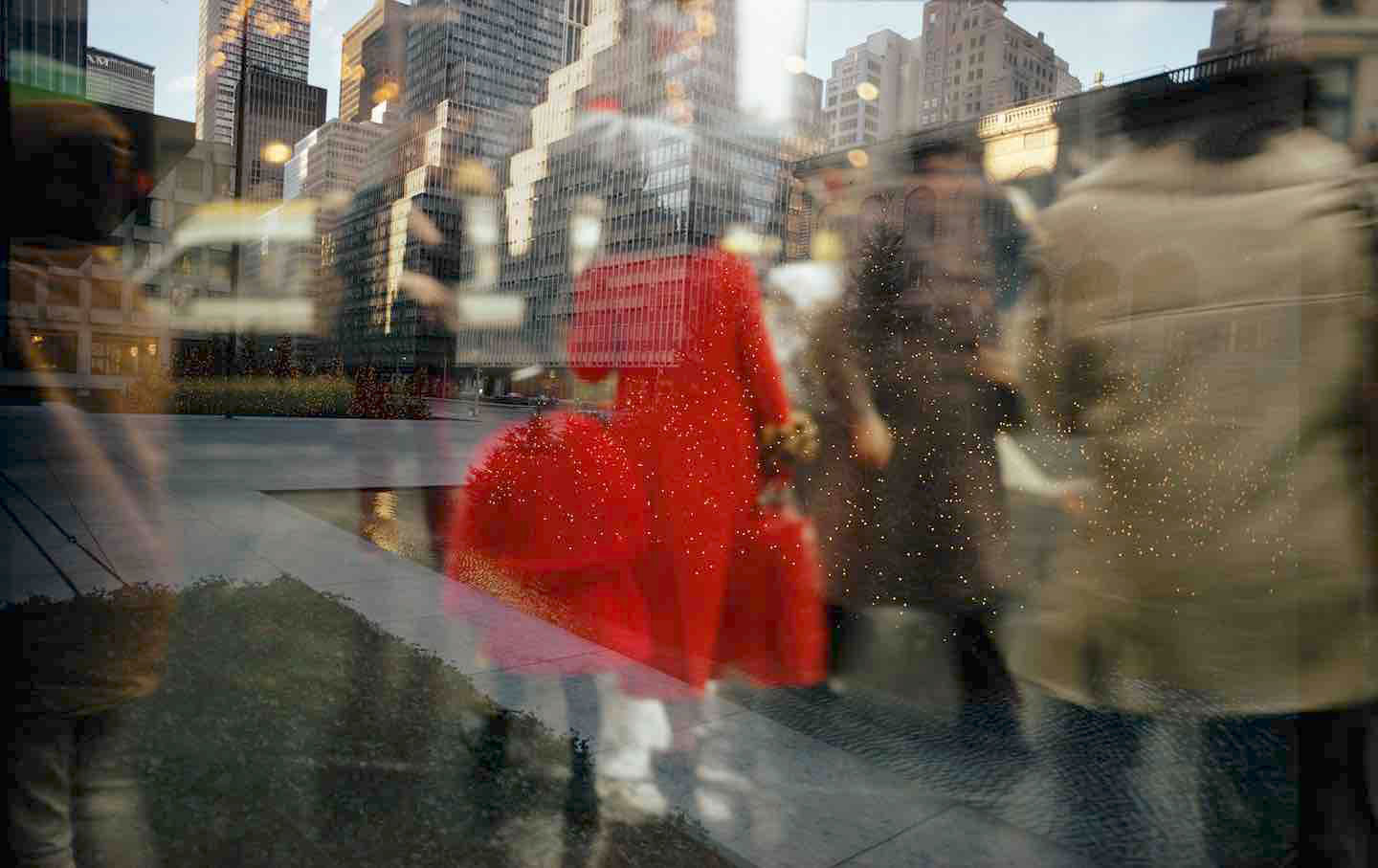Controlled Burning/A Love Poem for the Hill
Because the valley was full of mirrors
holding themselves toward the light
we turned our bodies to the side
to face the controlled burning of that day
an abandoned slapboard house in our plain town
up in flames
& falling down
inside itself
The town was a bathtub full of oranges
four children threw their arms up
in the chicken feathered air
Before the house fell inward
we felt the premonition of its falling
and said our grandmamas’ names
the unkempt gardenia eating the windows bent back into roots
& lifted in the windthe light turned into a sleeve of blades
a rain fell that was not enough & only ignited the glare
we kept our heads downafraid we would change into luster
& would not return to our bodiesour devotion
A ghost because we have so manyshouted in the white firemen’s ears
then turnedrunning toward the center of townthe brilliance
not aware of us and our deadbecame twice itself
so we could not tell the distance between density & beauty
a light we wanted to take our uncles’ hammers to
Our legs if they were our legswere trying to flee
to become unbound
the same soil under our mamas’ nails
was under oursso we wondered if we were unworthy
of the shiningthe boards’ splitting sounded like falling trees
the smell of a thousand burned-down forests making us
look at ourselves in the city water
mud all over what we thought was ours
We cannot back down
We now confront a second Trump presidency.
There’s not a moment to lose. We must harness our fears, our grief, and yes, our anger, to resist the dangerous policies Donald Trump will unleash on our country. We rededicate ourselves to our role as journalists and writers of principle and conscience.
Today, we also steel ourselves for the fight ahead. It will demand a fearless spirit, an informed mind, wise analysis, and humane resistance. We face the enactment of Project 2025, a far-right supreme court, political authoritarianism, increasing inequality and record homelessness, a looming climate crisis, and conflicts abroad. The Nation will expose and propose, nurture investigative reporting, and stand together as a community to keep hope and possibility alive. The Nation’s work will continue—as it has in good and not-so-good times—to develop alternative ideas and visions, to deepen our mission of truth-telling and deep reporting, and to further solidarity in a nation divided.
Armed with a remarkable 160 years of bold, independent journalism, our mandate today remains the same as when abolitionists first founded The Nation—to uphold the principles of democracy and freedom, serve as a beacon through the darkest days of resistance, and to envision and struggle for a brighter future.
The day is dark, the forces arrayed are tenacious, but as the late Nation editorial board member Toni Morrison wrote “No! This is precisely the time when artists go to work. There is no time for despair, no place for self-pity, no need for silence, no room for fear. We speak, we write, we do language. That is how civilizations heal.”
I urge you to stand with The Nation and donate today.
Onwards,
Katrina vanden Heuvel
Editorial Director and Publisher, The Nation


